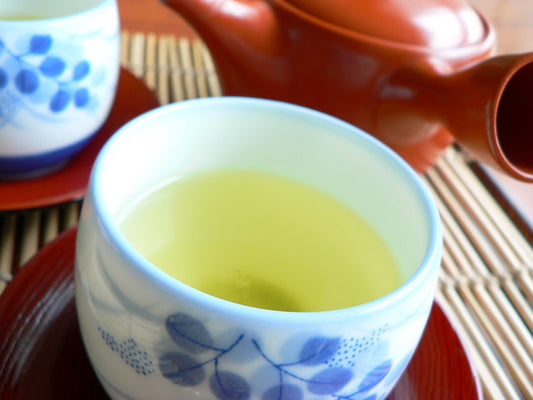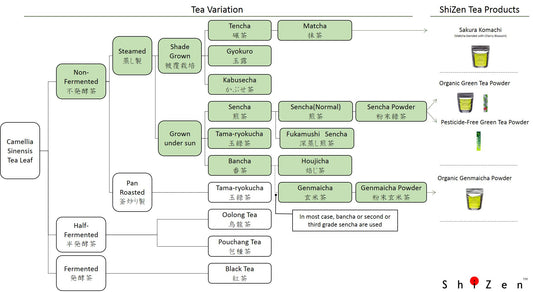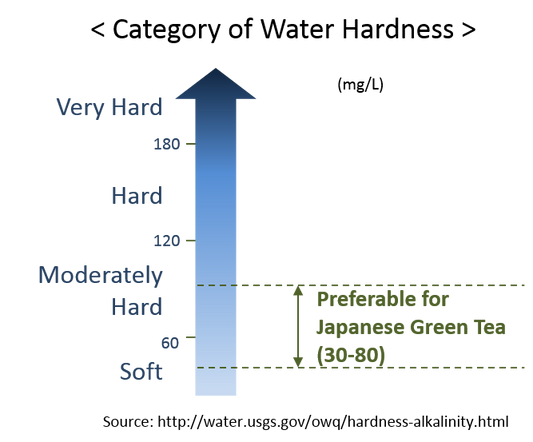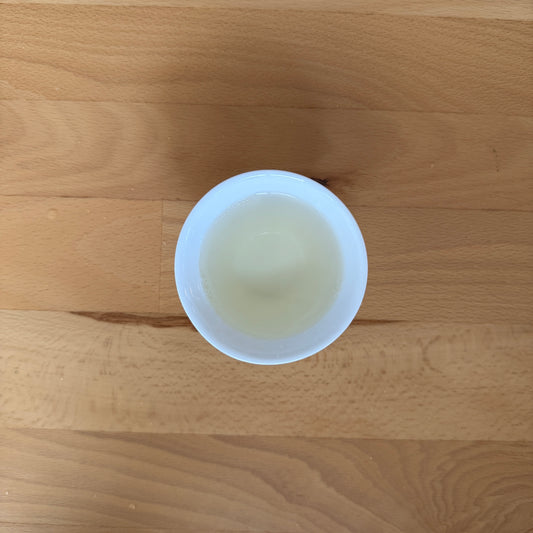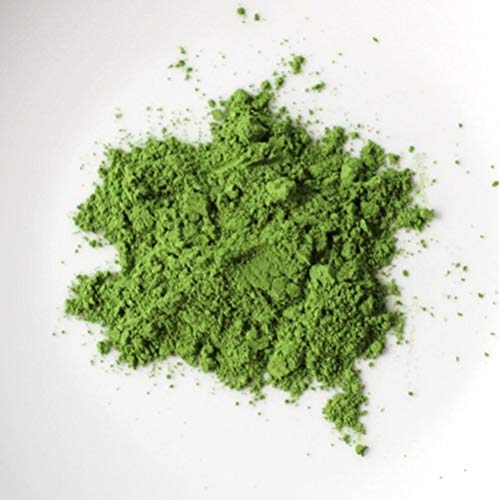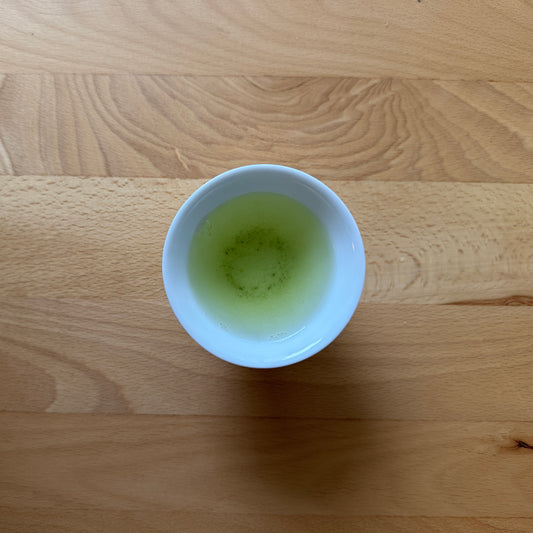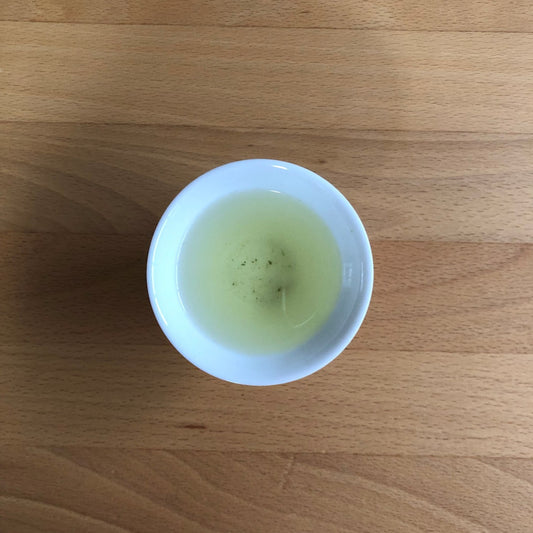Hard water is a water that has high mineral content, and soft water is a water that has less mineral content. This will depend which region the water comes from. In general, water from Japan is soft and water from Europe are hard. In the states it will depend on which part of the country the water comes from.The water hardness depends on the land form. As water moves through that land’s soil and rock, it dissolves small amount of minerals and carries them around, and this amount of mineral determines the hardness.As I mentioned Japan is said to be soft water(less mineral). Since it is an island that is filled with mountains and hills, due to gravity, water goes through the soil and rock in a very short time. In addition, Japan’s land forms are said to lack in minerals to begin with because the it is in the volcanic areas (volcanic areas does not carry much minerals).On the other hand, Europe’s land has many limestone terrain, which is rich in minerals. In addition, the land is more flat compared to Japan and the water takes more time going through the soils and rocks dissolving abundant minerals.
Since I am not a scientist, I will not get into how it is calculated, if there’s other ways of calculating etc..
Just to say briefly, it is the amount of the calcium and magnesium dissolved in water. In the states, there is a standard that is set by the United States Geological Survey* that breaks down water into four categories.
1. Soft (0-60mg/L)
2. Moderately hard (61-120mg/L)
3. Hard (121-180mg/L)
4. Very hard (181mg/L or more)
This is the standard currently that is used in Japan too.

If you can find out if your region’s tap water is within the 30-80mg/L range and safe, I believe it will be the best to use tap water by boiling it. If not, we will recommend to use bottled water especially for making iced type green teas.
We have made a chart below for reference. It is a hardness comparison chart of bottled water by brands. We were not sure what brands are popular in the states, so we have randomly picked the popular ones in Japan. As a result, I think it is the best to use Crystal Geyser or Volvic for Japanese green tea. I personally use Crystal Geyser when drinking cold teas. For hot water, I always boil tap water, since Japan’s tap water is relevantly soft.

Thank you for reading:)


